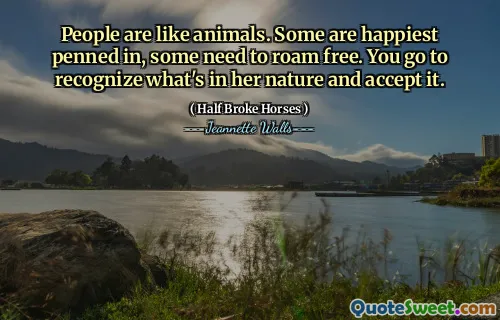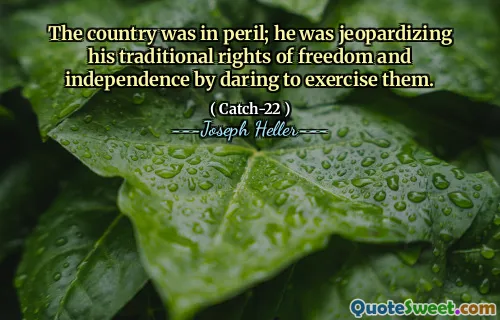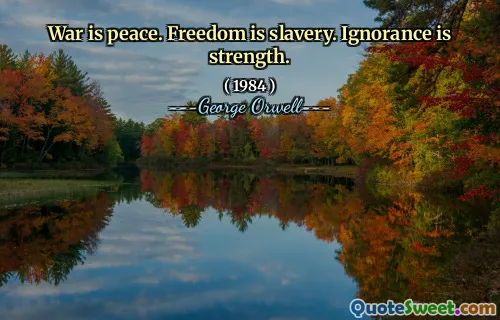
We will freedom for freedom's sake, in and through particular circumstances. And in thus willing freedom, we discover that it depends entirely upon the freedom of others and that the freedom of others depends upon our own. Obviously, freedom as the definition of a man does not depend upon others, but as soon as there is a commitment, I am obliged to will the liberty of others at the same time as my own. I cannot make liberty my aim unless I make that of others equally my aim.
This passage from Jean-Paul Sartre's Existentialism is a Humanism offers profound insight into the interdependence inherent in the pursuit of freedom. Sartre asserts that freedom is not merely an individualistic endeavor—it's a relational concept that exists through and with others. While freedom might initially be seen as a defining attribute of an individual, once a commitment is made, one's freedom cannot be detached from the freedom of others. This highlights a communal responsibility; the liberty of one person is inextricably linked to the liberty of others.
This idea challenges the commonly held notion of freedom as simply the absence of restrictions on the individual. Sartre’s perspective suggests that true freedom also involves an ethical component where individuals recognize and actively support the freedom of those around them. Freedom thus becomes a dynamic, reciprocal condition. The quote compels reflection on social and political dimensions of liberty by urging us to think beyond our own desires and include others’ rights and freedoms as part of what we aim to achieve. It acknowledges that in a complex society, liberty is intertwined; none can fully claim freedom if others remain unfree.
The passage also underscores the obligation that freedom brings. It is not a passive entitlement but a continual act of willing freedom for oneself and others, which fosters a deeper sense of solidarity. This challenges us to reconsider our personal and collective responsibilities, illustrating how commitment to freedom is fundamentally linked to justice and mutual respect.







